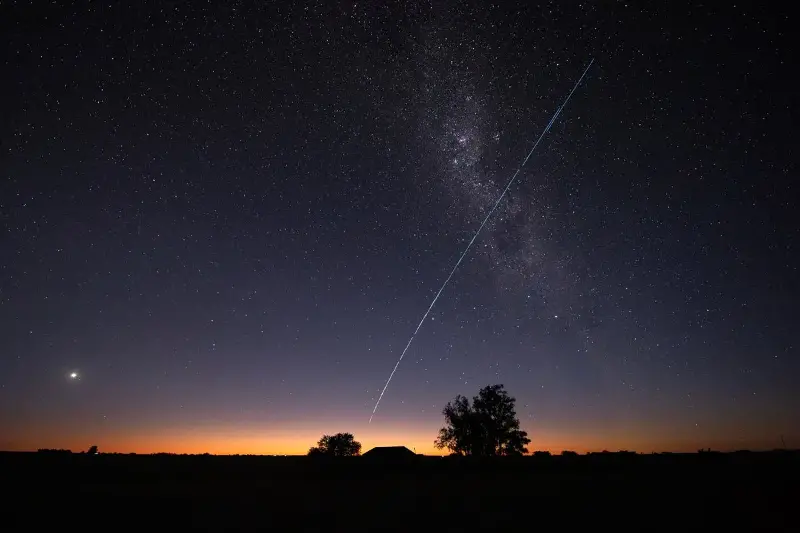
The universe’s expansion appears to be slowing down, not speeding up as we thought, scientists have said.
The expansion of the universe is already confusing and controversial, with researchers unclear exactly how fast it is going and why it is doing so. The dispute over the expansion has only become more fraught as we have gathered more and more precise measurements.
Until now, researchers have believed that a force known as dark energy is leading the expansion of the universe to speed up. But a new study finds that it is not speeding up at all – but doing the opposite.
"Our study shows that the universe has already entered a phase of decelerated expansion at the present epoch and that dark energy evolves with time much more rapidly than previously thought,” said Young-Wook Lee, of Yonsei University in South Korea, the lead researchers on the paper.
"If these results are confirmed, it would mark a major paradigm shift in cosmology since the discovery of dark energy 27 years ago."
Since that discovery, researchers have believed that the expansion of the universe is getting faster all the time, pushed by dark energy. Research showing that effect was given the 2011 Nobel prize for physics.
Much of that work has been based on specific supernovae, which are used as “standard candles” because they can be used to track the expansion of the universe around them. But the new work suggests that the brightness of those stars is affected by how old they are, and that effect may have led to wrong measurements.
When the researchers corrected for that effect, they found that the data did not fit with the usual model for the expansion of the universe.
What’s more, it suggests that its expansion is already slowing down.
The work is described in a new paper, ‘Strong Progenitor Age-bias in Supernova Cosmology. II. Alignment with DESI BAO and Signs of a Non-Accelerating Universe', published in the journal Monthly Notices of the Royal Astronomical Society.
© Independent Digital News & Media Ltd
